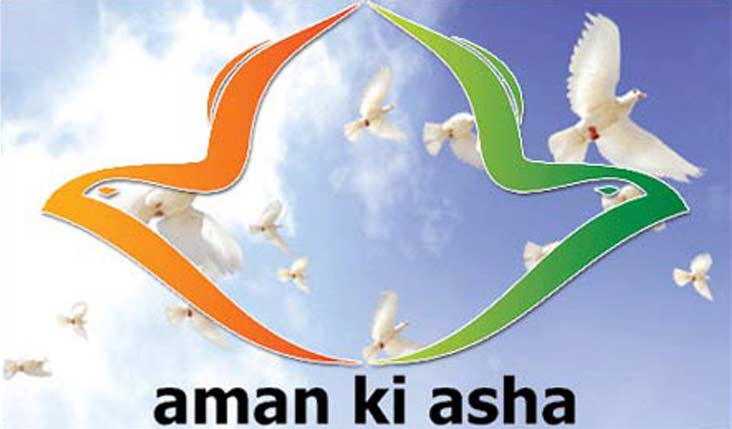Gulf News
Indian social sector experts showed their keen interest to study how public-private partnerships are being operated in the social sector institutions of Pakistan, which have enabled health and educational institutions to successfully run on charity and donations, said Dr Sudhir Kapoor.
Kapoor said this in his remarks during the third session titled “Delhi Declaration Revisited” at the Dividends – the 2nd Aman Ki Asha Indo-Pak Economic Conference – a joint venture of Jang Group of Pakistan and The Times of India Group, held here on Tuesday.
The Indian experts particularly quoted the examples of Sindh Institute of Urology and Transplant (SIUT) and a number of public schools, which are being successfully run through Zakat and other philanthropic contributions by the common people in Pakistan.
Dr Sudhir Kapoor, CEO of Country Strategy Business Consultants (Pvt) Ltd, said the Indian government had set an ambitious plan under which the country aimed to produce 500mn skilled manpower and 200mn university graduates by 2022.
He said the Indian industry and services sector had defined its skilled standards and now Indian government was able to produce skilled manpower under cost sharing strategy with the local industry.
“We are moving away from supply-driven to demand-driven system of skilled education under which the needs of a person are catered in life beyond schools,” he added.
He said that India had been able to make skilled education a complete package, which produced individuals who were able to earn a decent living after the completion of their education.
He said that at least 70% population is living in rural India, adding that skilled education would help enable the individuals to earn a decent living through employment or self-employment. “The level of quality education has enabled Indian industry to win laurels at global level,” he added.
Harsh Manglik, former chairman of Accenture India and NASSCOM, described the role of the government and entrepreneur as pivotal in the development of the Information Technology (IT).
Besides, he said, there are perspectives of customers, and market place opportunities for IT development. He said that IT had a futuristic perspective as it had the capacity to provide solutions to the problems in educational, vocational, training matters as well as health and various other sectors affecting the life of the people.
“The IT has emerged as an entrepreneurial phenomenon in India, enabling the country to become a global leader in the IT sector,” he said, adding that every Indian citizen would soon be having his biometrical identification.
Dr Neelam Mohan, director of Department of Pediatric Gastroenterology, Hepatology and Liver Transplantation, Medanta Medicity Hospital, Gurgaon, encouraged the exchange of ideas to improve health indicators in both India and Pakistan. She also called for research collaboration in health sector between the two countries.
She observed that primary healthcare suffered the most on both sides of the divide, emphasising the need to improve vaccinations and control maternal and infant mortality rate to improve public health in the two countries. She said that materialising the exchange of healthcare services between India and Pakistan was not a rocket science; “all we need is an excellent team and state-of-the-art facilities to ensure provision of specialised services to the patients in each other’s country”.
She recommended frequent visits and collaborations between the doctors in the two countries for breakthroughs in unexplored areas of healthcare, adding that the capacity of the qualified medical professionals in India and Pakistan to achieve the incredible things in health sector would render the developed world in a state of disbelief. Mohan particularly mentioned SIUT as a bright example of public-private partnership as it was being run on the basis of donations.
Amin Hashwani, CEO of Pak-India Business Forum, termed the prolonged animosity between India and Pakistan a result of leadership failure of both the countries, saying that improving of relations between the two countries would open a lot of avenues of trade and other areas of mutual interest.
Five years down the line, he has envisioned free trade and investment of billions of dollars and exchange of visits without visas.
Dr Sania Nishter, president of Heartfile, said that after the first economic conference in New Delhi, the health committee formed there had started worked and mobilised its resources and invited delegation to across the border.
She said the health committee was also working across the border for utilisation of mobile technology for tele-medications and others projects.
“We cannot achieve the goals and targets without economic interdependence”, she observed.
She said that the things were easing up on the both sides and the health sector infrastructures of Pakistan and India could be utilised for health sector development.
“We want to conduct researches jointly as health side problems of both sides are almost the same”, she added.








